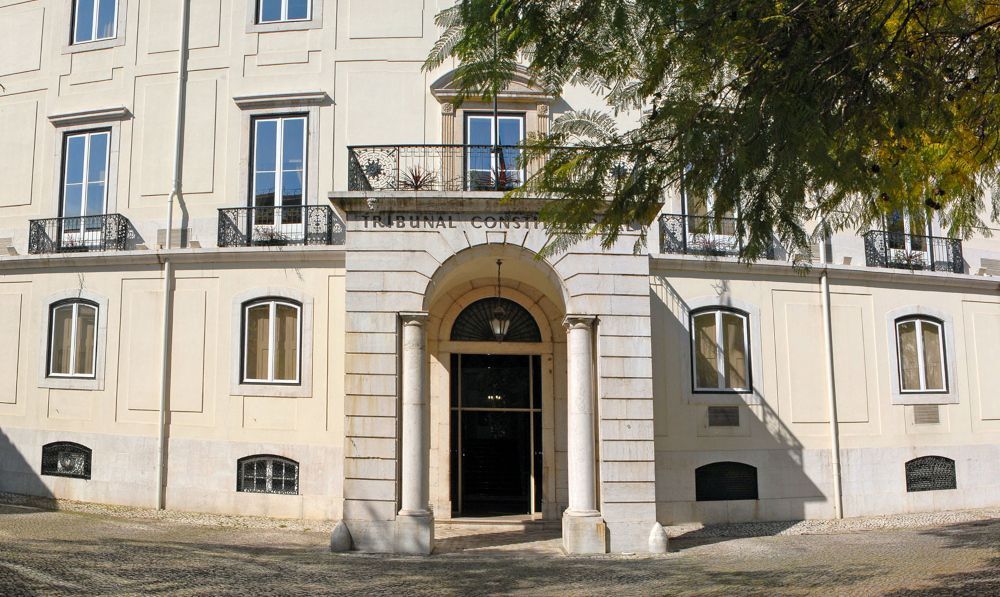Portugal's Strong Endorsement of the European Union: Insights from Recent Study
The day preceding Europe Day (9 March), Fundação Manuel dos Santos published a study aimed at assessing the Portuguese opinion regarding the European Union and comparing it with that of other member states of the European Union. Commissioned by the same foundation at the outset of the year 2024, This study examined various aspects of public sentiment and opinions.
Among the questions posed, one that garnered particular attention was, "Does Portugal benefit from membership in the community area?" In the 2024 survey, over 90% of respondents expressed positive views on this matter, an all-time high. This question has been a recurring feature in Eurobarometer surveys since 1986, the year Portugal joined the EU, then known as the European Economic Community (EEC).
Another question that received favourable ratings from Portuguese citizens pertained to support for the euro currency. This query, posed since 2009, witnessed a surge in support in 2024, with 70% of respondents indicating their approval.
Despite a fluctuating assessment of EU institutions between 2000 and the years of economic crisis, Portugal's recent appraisal has been positive, with a 52.3% endorsement of the European Parliament (EP), European Commission (EC), and European Central Bank (ECB). With an average approval rating of 56.3% between 2000 and 2023, Portugal's trust in European institutions surpasses the European average of 50.7%, positioning the country as one of the EU's most pro-European Union member states.
Demographically, the study revealed that individuals with a positive perception of the EU tend to be women, those with higher levels of education, and individuals aged 55 years and older. Conversely, dissatisfaction with the EU is more prevalent among younger demographics, those with lower levels of education, and individuals supporting right-wing ideologies.
The survey identified several areas of contention, particularly regarding institutional actions in addressing challenges such as poverty, social inequalities, and management of external border conflicts. Responses to these issues were predominantly negative, with less than a third expressing satisfaction. Additionally, immigration policies and climate change emerged as significant concerns.
A noteworthy finding was the divided opinion on the topic of EU enlargement, with 44.5% in favour and 38.8% against. Notably, Ukraine received the highest level of support for becoming a member estate, with 58% in favour.
The most controversial responses are those that support the EU's right to expel members whose governments regularly disrespect democratic principles. 83% of the respondents support this view, and almost half of them (48.3%) believe that there are currently countries in the European Union that do not respect democratic principles. It is important to note that the EU was founded as a peace project after World War II, and its treaties do not include provisions for expulsion.
Furthermore, over 90% of respondents believe that fund allocation should be conditioned on respect for the rule of law and democratic principles.
The respondents' biggest areas of uncertainty are the date of Portugal's accession to the EU, the names of the Portuguese European Parliament members, and the president of the European Commission.
After completing the survey, 84.5% of respondents expressed support for Portugal's accession to the EU in a hypothetical referendum tomorrow.
Portuguese citizens show strong and unwavering support for the European Union, placing great trust in its institutions.
This comprehensive study was conducted through 1,107 interviews with residents of mainland Portugal aged 18 and over.










